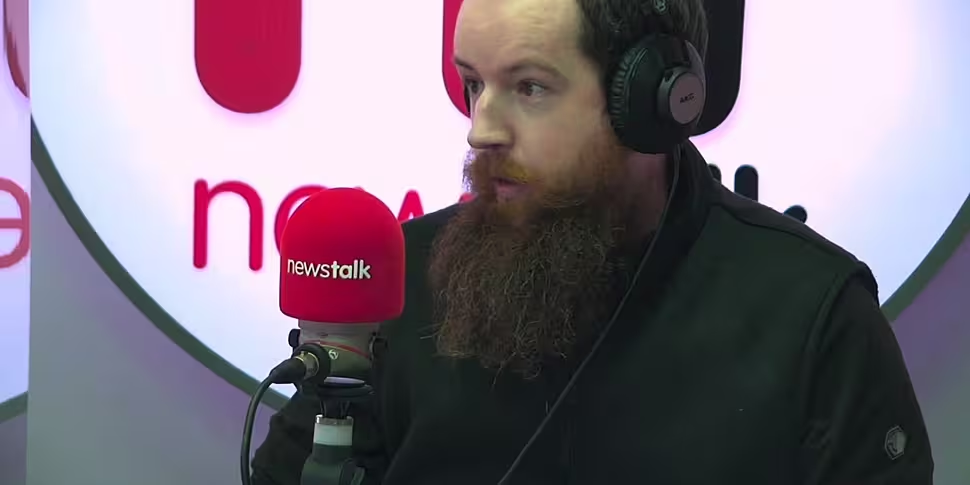One man who lost his father to suicide says Irish men feel 'uncomfortable' around other people grieving.
Eoin Hegarty is group facilitator with Healing Untold Grief Groups (HUGG), which is carrying out the first national survey on suicide bereavement.
Eoghan lost his father to suicide five years ago.
He told The Hard Shoulder supports are only there for a short time.
"Initially I attended one-to-one bereavement support; and shortly after that came to its natural conclusion, there wasn't much in the way of either individual or group bereavement support.
"My partner came across a post by HUGG on Facebook, and I attended the first meeting and I've attended ever since."
He says there is an expectation that grief only lasts for a certain period of time.
"There's a huge community support for the family in the immediate short-term aftermath.
"But then there's an expectation of the grief to end after a month, or after the first anniversary, and then you should be back to normal by then.
"Maybe that's Ireland, but my grief was more than the month, more than the six months.
"I still grieve, I'm not as impacted by the grief but I do still grieve".
And he says there is a 'fear' among men to talk about such issues.
"Anytime I've expressed vulnerability with my contemporaries, I get a 'Oh keep the chin up' and I get these kind of platitudes.
"And that's because they don't know how to sit with the vulnerabilities... me grieving makes them uncomfortable.
"Their own grief makes them uncomfortable, they don't know how to deal with it.
"I didn't know how to deal with it, I needed external support - I also was lucky enough that I had a partner who gave me the shoe up the arse to get the support I needed.
"Not everyone has that, not everyone knows where to go looking for that".
'Men are very under-represented'
Fiona Twomey set up the charity following the death of her 11-year-old daughter Milly by suicide.
She says men are under-represented in the survey, in contrast to making up a majority of suicides here.
"Men are very under-represented in the survey so far.
"We've had a huge response, over 2,000 people have taken part so far - but of those, only about 23% are male.
"Men make up about 80% of all suicides in this country, so to not have them take part in this really important piece of research - the first ever in this country - would be really a travesty.
"Can you believe that, in this country, we have never asked people that have lost somebody to suicide - or been affected by a suicide - how they coped afterwards?
"What were their experiences, did they get support at all, did they reach out for support, if so what was it like?
"How did they find it? If they didn't, what would they have liked?
"We know that following a suicide, it's a tsunami of grief that affects people and it's ongoing.
"It's not short-term, it's long-term."
And she says they need people's input to shape policy.
"If you don't ask people how they have got through that experience, or are still going through that experience, how can you possibly put in the supports for them... if we don't know what people need".
She says making policy in the dark is "what's been done to date in this country."
"Nowhere in the English-speaking world has there been a survey - aside from the UK, and now ourselves - in this depth as to how people have been coping with suicide."
The HUGG survey can be accessed here
Anyone affected by issues raised in this article can contact The Samaritans on 116-123 or email jo@samaritans.org - or contact Pieta House on 1800-247-247 or text 'HELP' to 51444









